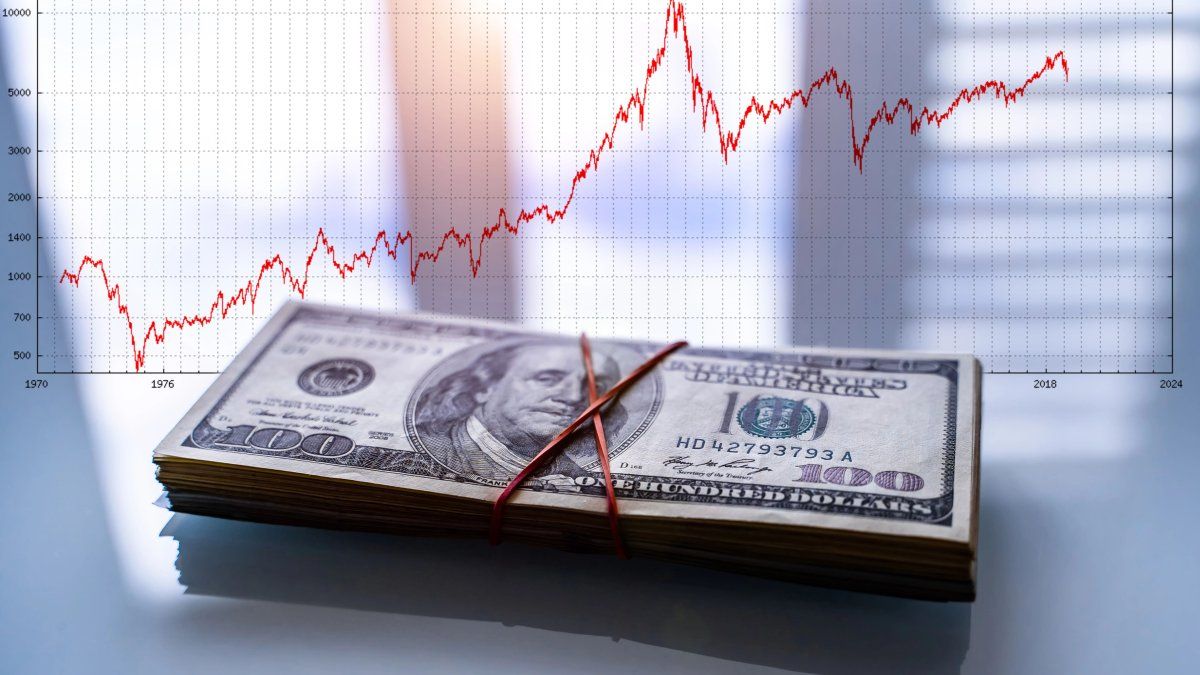The amounts that Customs claims from Cofco amount to US$14.7 million; US$27 million to Cargill; US$7 million to Bunge; yu$3.7 million to Dreyfuss. “Customs continues to monitor the entire market of cereal exporters, to find out if the rest of the firms applied the same calculation logic,” the sources said.
Export duties for processed soybeans, whether imported or domestic, are calculated based on the price of the FOB ton, which represents the value of the merchandise placed on board maritime transport. Law 21453, on export regulations for agricultural products, clarifies that in both cases, to calculate export duties, the official price and tariff treatment in force on the closing date of the sale reported by the declarant to the Undersecretary of Agricultural Markets is applied. .
While decree 1177 of the year 1992 adds that by officiating the official price as the sole tax base, it is not appropriate to make any deductions on said base.
The operation of the intimidated cereal companies consisted of applying decree 1330 of the year 2004 at the time of declaring the temporary importation of Paraguayan soybeans. In addition, they took into account a note from 2002 from the Directorate of Agrifood Markets, to reduce the tax base.
From Customs they stressed that the regulations emanating from Decree 1177/02 are specific for the temporary import of merchandise that will be destined to receive industrial improvement, with the obligation to export them for consumption. “Specifically, the percentage of export withholdings was deducted from the official price and only on the number resulting from that account would the export duty rate be applied again. That is, they modified the tax base, downwards, to calculate withholdings,” the sources said. For Customs, “the temporary importation of soybeans is a wise measure as long as it allows for the industrial capacity of the Argentine agro-export pole to be operational and strengthened and to improve added value.”
From the organization they maintain that “this cannot imply that a technical criterion of the old Secretary of Agriculture of the year 2002 is applied to an exception regime created in 2004 (temporary importation regime of Decree 1330)” since they consider that “it does not it makes no economic sense or legal support that the export of temporary soybean derivatives is in better conditions -regarding the tax base of export rights- compared to the export of soybean derivatives from Argentine producers”.
In 2018, 5.8 million tons were imported from Paraguay, in 2019 it dropped to 3.8 million tons, as a result of the drop in previous production, which forced to import more in the following years, which are precisely the ones that Customs investigated and intimidated Cofco, Cargill, Bunge and Dreyfuss.
Source: Ambito




